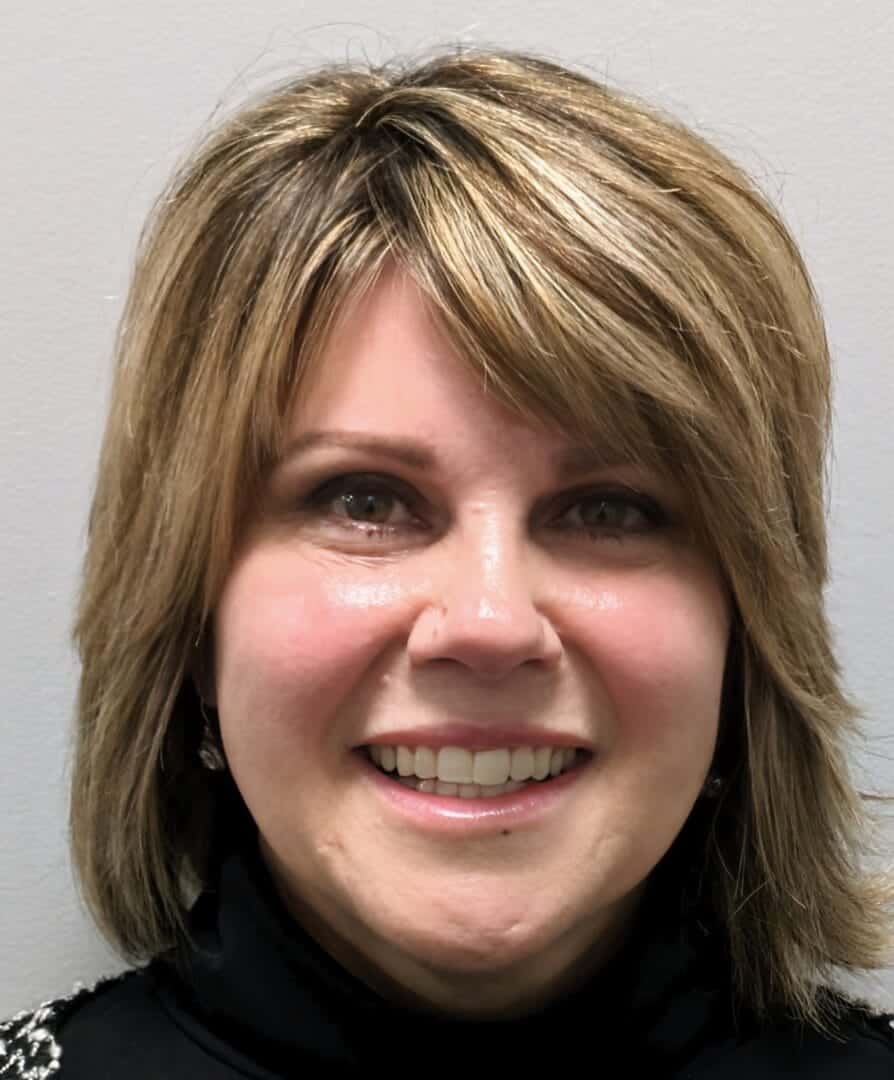Summary
Alcohol-induced blackouts are a serious consequence of excessive alcohol use, often leading to memory loss and other severe health risks. This article explores the causes, types, and effects of alcohol-induced blackouts and highlights the importance of seeking professional help for alcohol abuse and alcoholism.
Key Takeaways
- Understanding Alcohol-Induced Blackouts – Definition and types of blackouts.
- Causes and Risk Factors – Factors contributing to blackouts.
- Effects on Memory and Brain – How alcohol impacts memory and brain function.
- Recognizing the Signs – Identifying symptoms and understanding the risks.
- Seeking Help – Treatment options and the importance of professional support.
Introduction
Alcohol-induced blackouts are a troubling and potentially dangerous consequence of excessive alcohol consumption. Understanding these blackouts, their causes, and their effects on the brain and memory is crucial for anyone struggling with alcohol use. At Virtue Recovery Chandler, we are committed to helping individuals overcome alcohol addiction and lead healthier lives. This article provides detailed information about alcohol-induced blackouts and the steps you can take to seek help.
Understanding Alcohol-Induced Blackouts
Definition and Types of Blackouts
An alcohol-induced blackout occurs when high levels of alcohol impair the brain’s ability to form new memories. There are two main types of blackouts:
- Fragmentary blackouts (also known as “brownouts”) are Partial memory loss in which the person may recall some events if reminded.
- En bloc blackouts are complete memory loss for a specific period, during which the person cannot recall any details, regardless of prompts.
How Blackouts Occur
Blackouts usually happen when blood alcohol concentration (BAC) reaches a level that disrupts the brain’s hippocampus, which is essential for forming new memories. When alcohol levels are high enough, the brain’s ability to record experiences temporarily shuts down, leading to memory loss.
Causes and Risk Factors for Alcohol-Induced Blackouts
Amount of Alcohol Consumed
The risk of experiencing a blackout increases with the amount of alcohol consumed. Binge drinking, which involves consuming large quantities of alcohol in a short period, is a significant factor in blackouts. Drinking large amounts of alcohol quickly raises blood alcohol concentration, increasing the likelihood of a blackout.
Other Contributing Factors
Several factors can influence the likelihood of a blackout, including:
- Drinking on an empty stomach: Without food, alcohol is absorbed more quickly into the bloodstream, leading to higher BAC.
- Tolerance to alcohol: Individuals with higher tolerance may drink more to feel the same effects, increasing their risk of blackout.
- Combining alcohol with other substances: Drugs combined with alcohol can amplify the effects of alcohol and increase the risk of blackouts.
Acute and Chronic Effects of Alcohol
The acute effects of alcohol include impaired judgment, coordination, and memory. Over time, chronic alcohol use can lead to long-term brain damage, increasing the risk of alcohol-induced blackouts and other severe health issues.
Effects on Memory and Brain
Memory Impairment
Alcohol disrupts the brain’s ability to create new memories during a blackout. This results in memory for events being incomplete or entirely absent. Blackouts involve significant gaps in memory, which can be distressing and dangerous.
Effects on the Brain
Repeated blackouts can cause lasting damage to the brain. Excessive alcohol consumption impacts the hippocampus, leading to long-term memory impairment and cognitive decline. Alcohol impairs neural communication, which can affect overall brain function and mental health.
Risk of Memory Loss
Blackouts are often a sign of excessive alcohol consumption. When blood alcohol levels rise rapidly, the risk of significant memory loss increases. This can lead to dangerous situations where individuals may engage in risky behaviors without recollection.
Recognizing the Signs
Identifying Blackouts
Blackouts happen when an individual consumes too much alcohol, leading to gaps in memory. Signs that someone is experiencing a blackout include:
- Inability to recall events from the night before.
- Engaging in unusual or risky behavior without remembering.
- Friends or family members recounting events that the person does not remember.
Risks Associated with Blackouts
The risk of blackouts includes memory loss and potential physical harm, such as accidents or injuries. Chronic alcohol use leading to frequent blackouts can result in long-term health problems, including liver damage and mental health issues.
Seeking Help
Treatment Options
Alcohol rehab programs are essential for individuals struggling with blackouts and alcohol use disorder. Treatment options may include detoxification, counseling, and support groups. Alcohol addiction treatment addresses both the physical and psychological aspects of alcohol misuse.
The Role of Support Systems
Support systems, including family, friends, and professional counselors, play a crucial role in recovery. Support groups like Alcoholics Anonymous (AA) and Narcotics Anonymous (NA) provide community and accountability, helping individuals maintain sobriety.
Importance of Professional Support
Professional treatment is vital for those experiencing blackouts and alcohol addiction. Programs at Virtue Recovery Chandler offer comprehensive support, including medical care, counseling, and aftercare planning. Seeking help can prevent further harm and promote long-term recovery.
Conclusion
Understanding the dangers of alcohol-induced blackouts is crucial for recognizing the signs of alcohol abuse and alcoholism. If you or a loved one is struggling with alcohol use, seeking professional help is essential. At Virtue Recovery Chandler, we are dedicated to providing the support needed for recovery. If you need assistance, call us at 866-338-5779.
FAQs
What are alcohol-induced blackouts?
Alcohol-induced blackouts occur when high levels of alcohol impair the brain’s ability to form new memories, leading to memory loss for a specific period.
What causes blackouts when drinking alcohol?
Blackouts are caused by high blood alcohol concentration (BAC), which disrupts the brain’s ability to record new memories. Factors such as binge drinking, drinking on an empty stomach, and mixing alcohol with other substances increase the risk.
What are the different types of blackouts?
There are two types: fragmentary blackouts (partial memory loss) and en bloc blackouts (complete memory loss for a specific period).
How does alcohol affect memory and the brain?
Alcohol impairs the brain’s ability to form new memories and can cause long-term damage to the hippocampus, leading to cognitive decline and memory impairment.
What treatment options are available for alcohol addiction?
Treatment options include detoxification, counseling, support groups, and comprehensive rehab programs like those offered at Virtue Recovery Chandler. These programs address both the physical and psychological aspects of alcohol addiction.
How long does blacking out last?
Blacking out can last anywhere from a few minutes to several hours, depending on the amount of alcohol consumed and the individual’s tolerance. The duration is influenced by the rapid increase in blood alcohol concentration (BAC) and how quickly the body metabolizes the alcohol.
What is the science behind a blackout?
A blackout occurs when high blood alcohol concentration (BAC) disrupts the hippocampus’s ability to form new memories. This disruption prevents the brain from recording experiences, leading to periods of amnesia where the individual cannot recall events that occurred while they were intoxicated.
What does blacking out feel like?
Blacking out feels like experiencing a gap in memory, where the person cannot recall events, conversations, or actions that took place during the period of heavy drinking. While blacking out, individuals may appear conscious and functional to others, but they have no memory of their activities later.
What drug causes the most memory loss?
Alcohol is one of the most common substances associated with significant memory loss, particularly when consumed in large quantities, leading to blackouts. Other drugs like benzodiazepines and certain sedatives can also cause substantial memory impairment.
What are 4 effects of alcohol on the brain?
- Impaired cognitive function affects judgment and decision-making.
- Disrupted memory formation, leading to blackouts and memory loss.
- Altered neurotransmitter levels, causing mood swings and emotional instability.
- Long-term damage to brain structures, potentially resulting in cognitive decline and mental health issues.
What changes does an alcoholic have in the brain?
Chronic alcohol use can lead to structural changes in the brain, such as shrinkage of the prefrontal cortex, which is involved in decision-making and impulse control. It can also cause damage to the hippocampus, resulting in persistent memory problems and difficulty forming new memories. Additionally, alcohol alters neurotransmitter levels, leading to imbalances that affect mood, behavior, and cognitive function.








